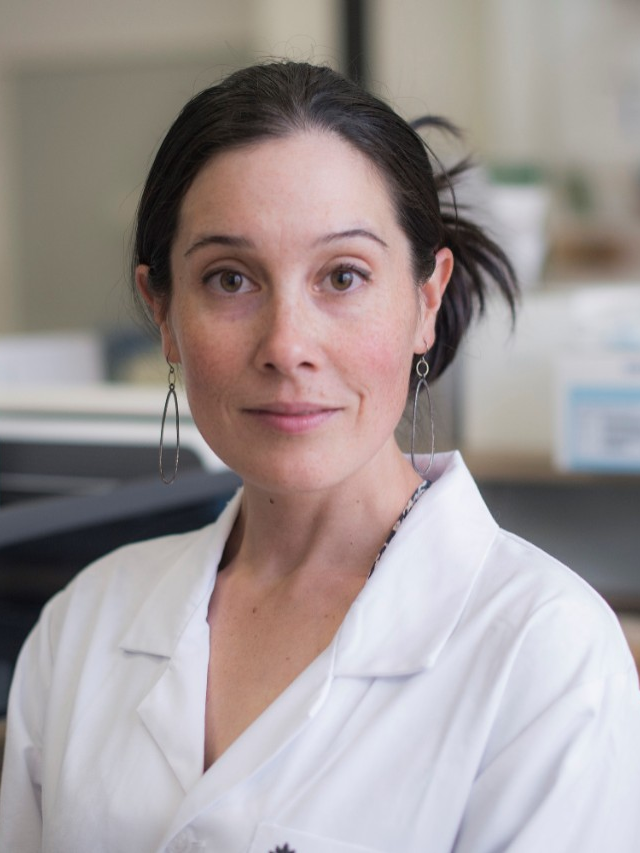- Graduate
- Undergraduate
- Research
- News & events
- About us
- Student Commons
- Contact us
- Somers Research Group
- Faculty and Staff Resources
- Next Steps
- Incoming Students
- Spring 2020 Convocation
- The Roundtable
- Conversion Therapy Survey
- Fall 2020 Convocation
- RESET Team
- Spring 2021 Convocation
- Planetary Health Research Group
- The Breathe Project
Zabrina Brumme
Professor CIHR New Investigator, MSFHR Scholar

Zabrina Brumme
Professor, CIHR New Investigator, MSFHR Scholar
- zbrumme@sfu.ca
- 1 778 782-8872
- www.sfu.ca/brockmanbrummelabs.html
- BLU 11706
Areas of interest
Molecular epidemiology, HIV/AIDS, immunology, genetics
Education
- PhD University of British Columbia
- BSc University of British Columbia
Biography
Dr. Zabrina Brumme received her Ph.D. in Experimental Medicine in 2006 from the University of British Columbia. She then went on to complete a post-doctoral fellowship at the Ragon Institute of MGH, MIT and Harvard University (formerly known as the Partners AIDS Research Center), in Boston, Massachusetts. She joined SFU FHS as Assistant Professor, Molecular Epidemiology of Infectious Diseases, in September 2009.
Dr. Brumme currently holds a New Investigator Award from the Canadian Institutes of Health Research and a Scholar Award from the Michael Smith Foundation for Health Research. She is also an active member of the NIH-funded BELIEVE Martin Delaney Collaboratory for HIV cure research.
Dr. Brumme is also currently the laboratory director of the BC Centre for Excellence in HIV/AIDS.
Research interests
Dr. Brumme’s current research integrates molecular biology, epidemiology and computational approaches to study HIV evolution in response to selection pressures imposed by the human cellular immune response. One of the greatest challenges to HIV vaccine design is the virus’ capacity to evade immune recognition through rapid mutation, a process called “immune escape”. Through the analysis of population-based cohorts of HIV-infected individuals in Canada and worldwide, Dr. Brumme has helped to create “maps” of the HIV genome that systematically identify specific sites and pathways of immune escape in viral proteins. Dr. Brumme is also interested in studying how human immune selection pressures have shaped HIV evolution over the course of the epidemic, and the implications of this on vaccine design. Most recently, Dr. Brumme’s work has focused on assessing the consequences of immune escape mutations to HIV replication and viral protein function.
Courses
Future courses may be subject to change.


T I L